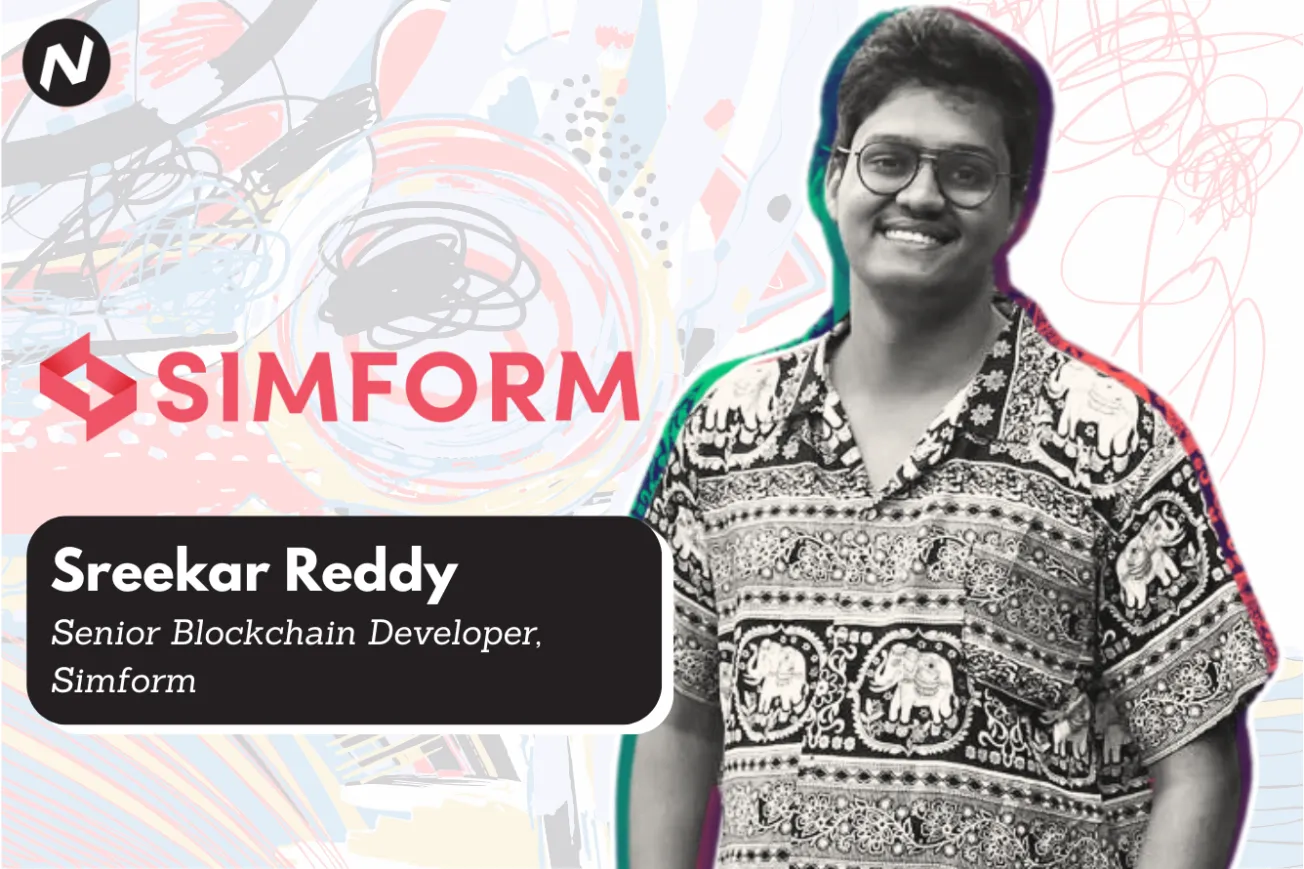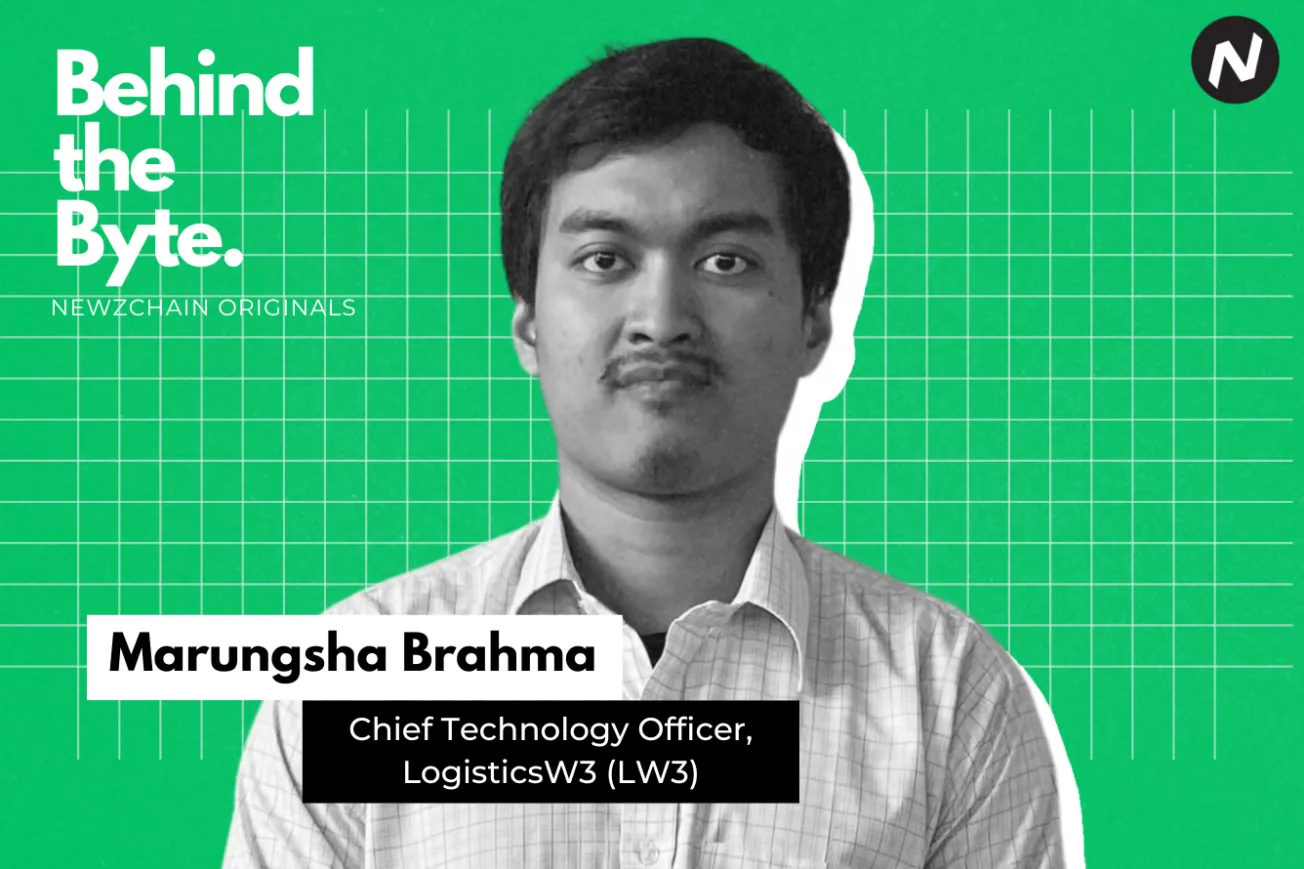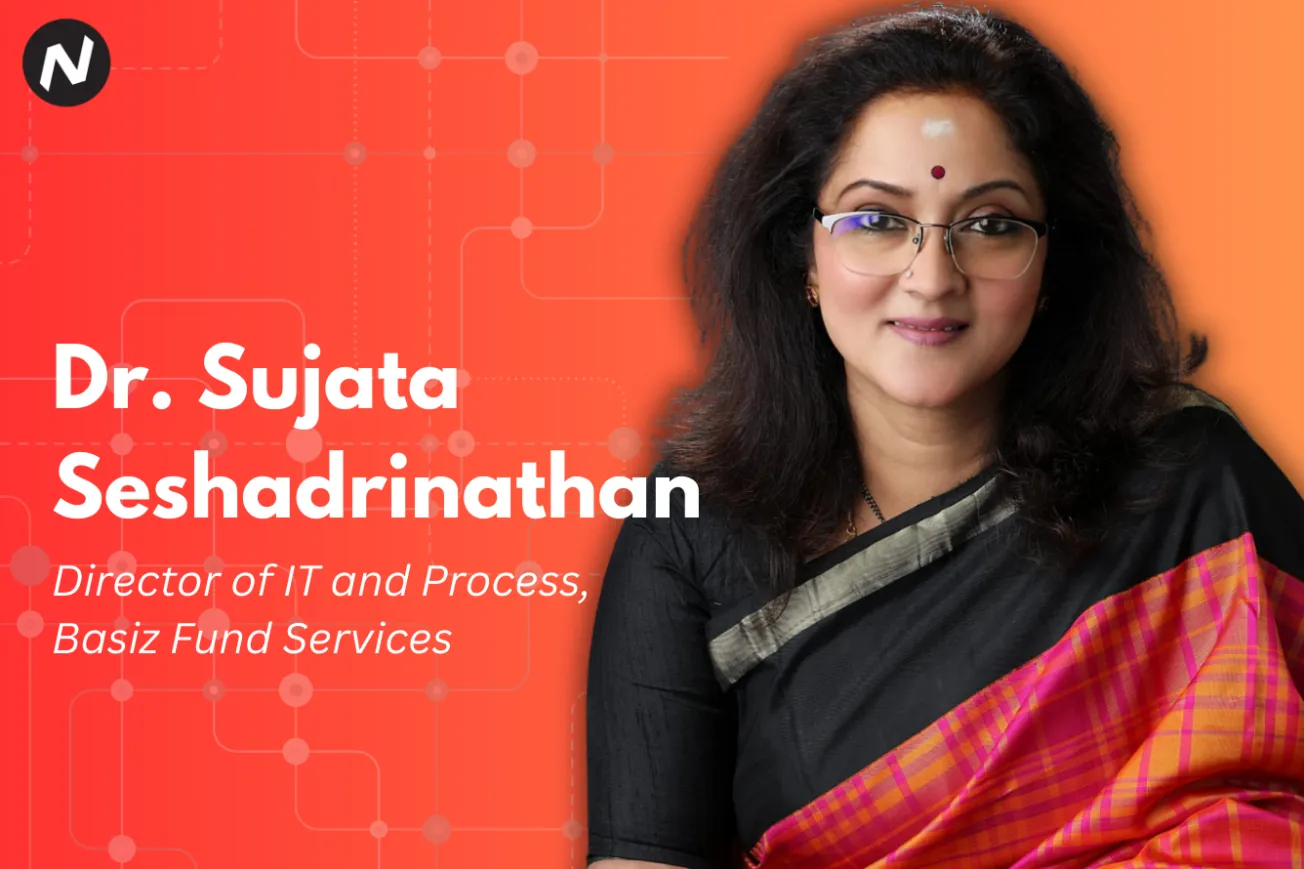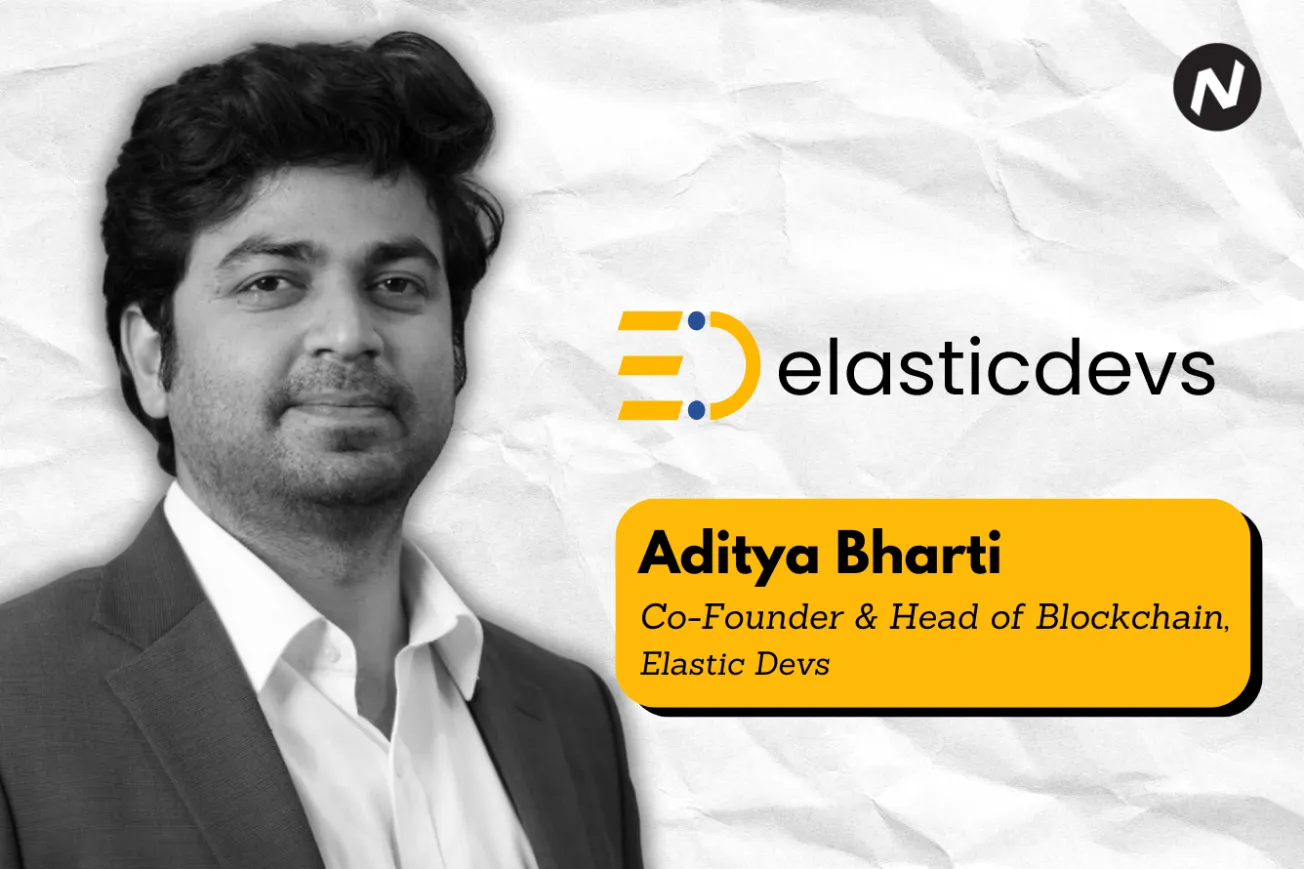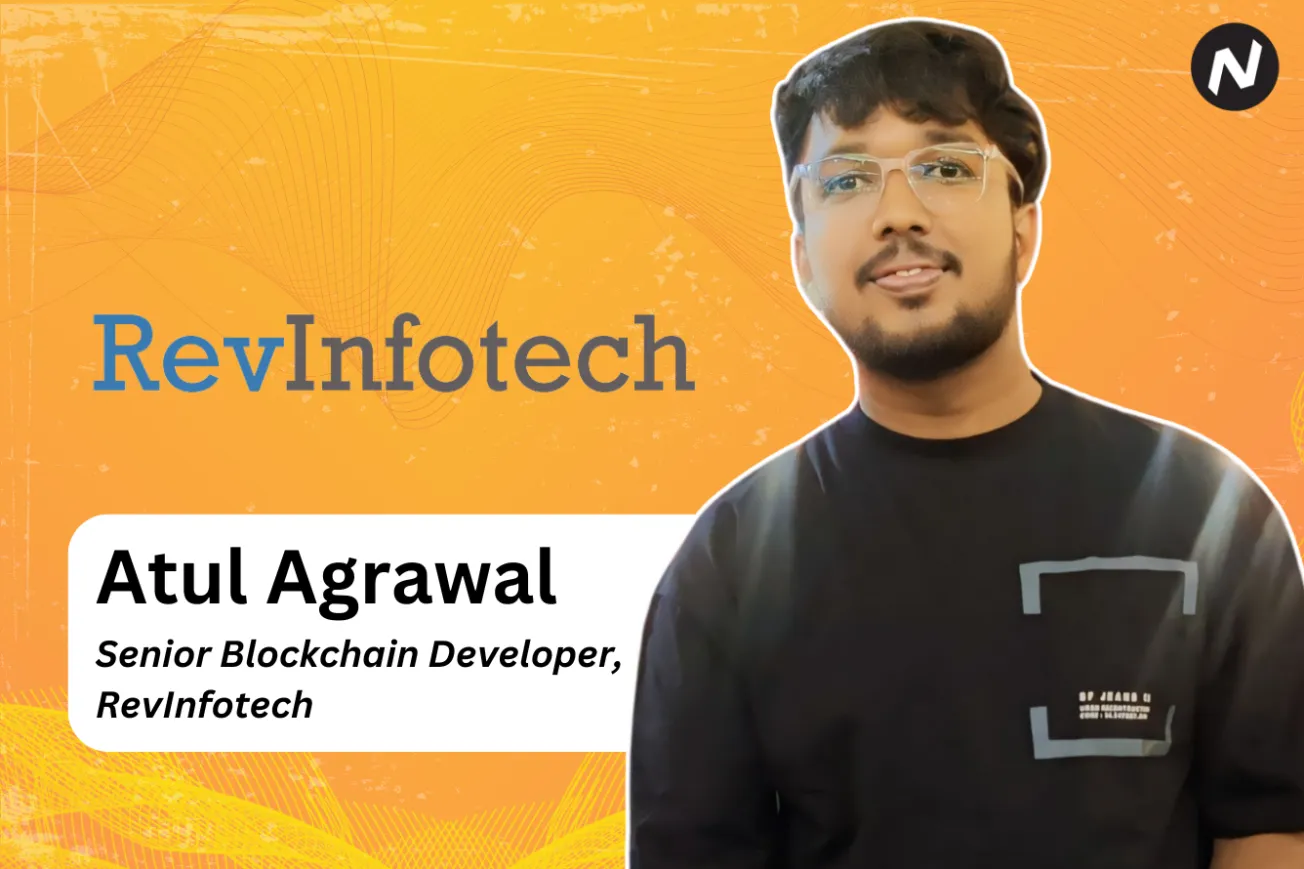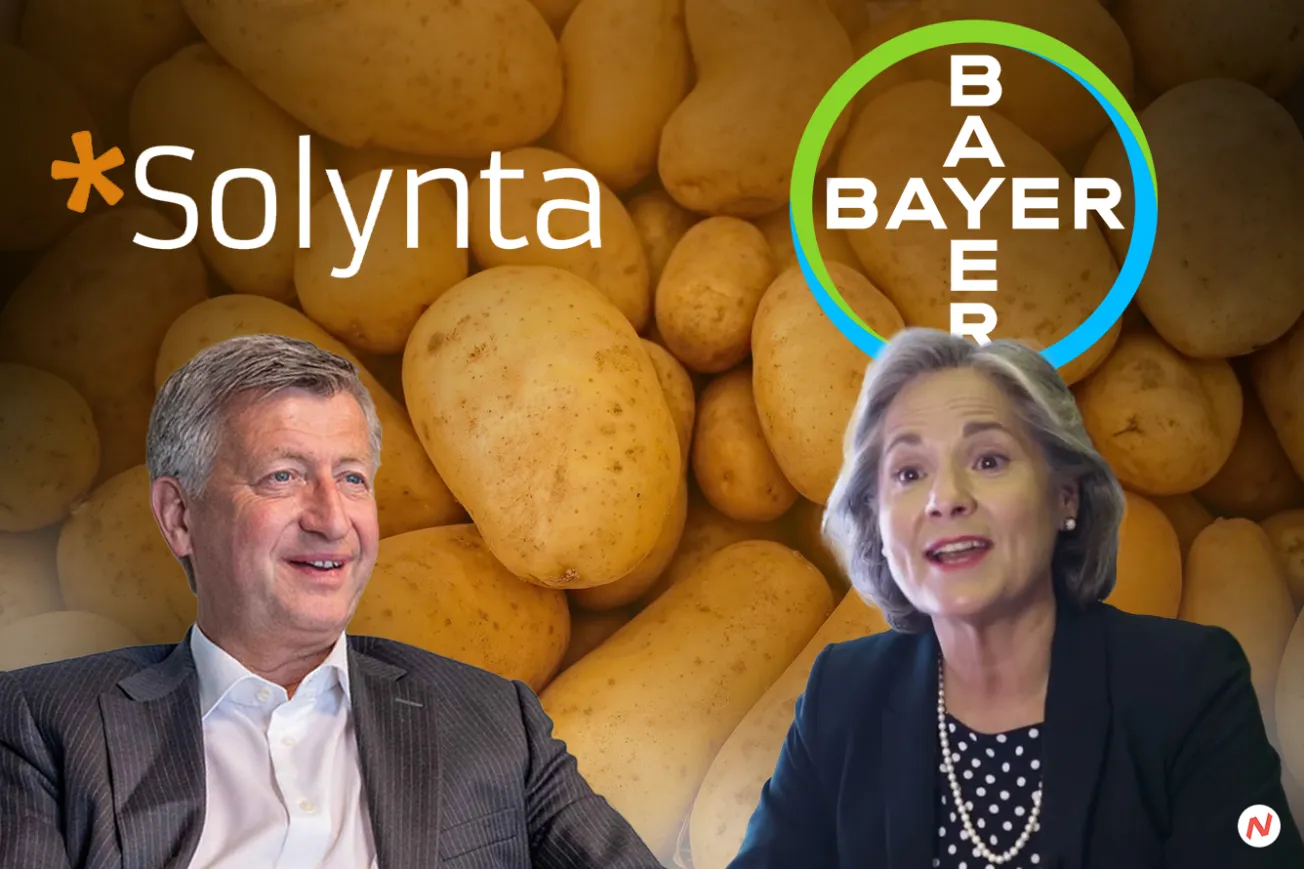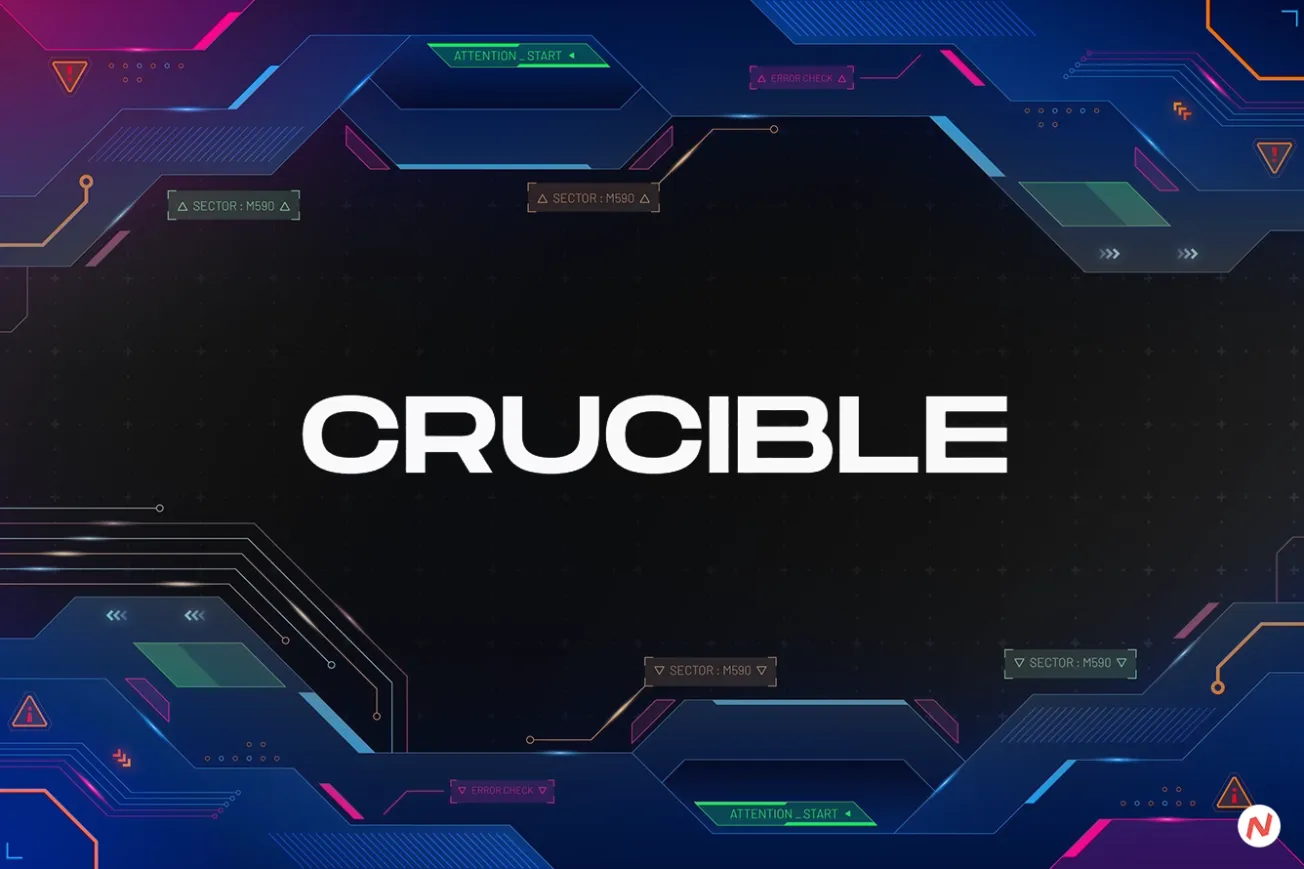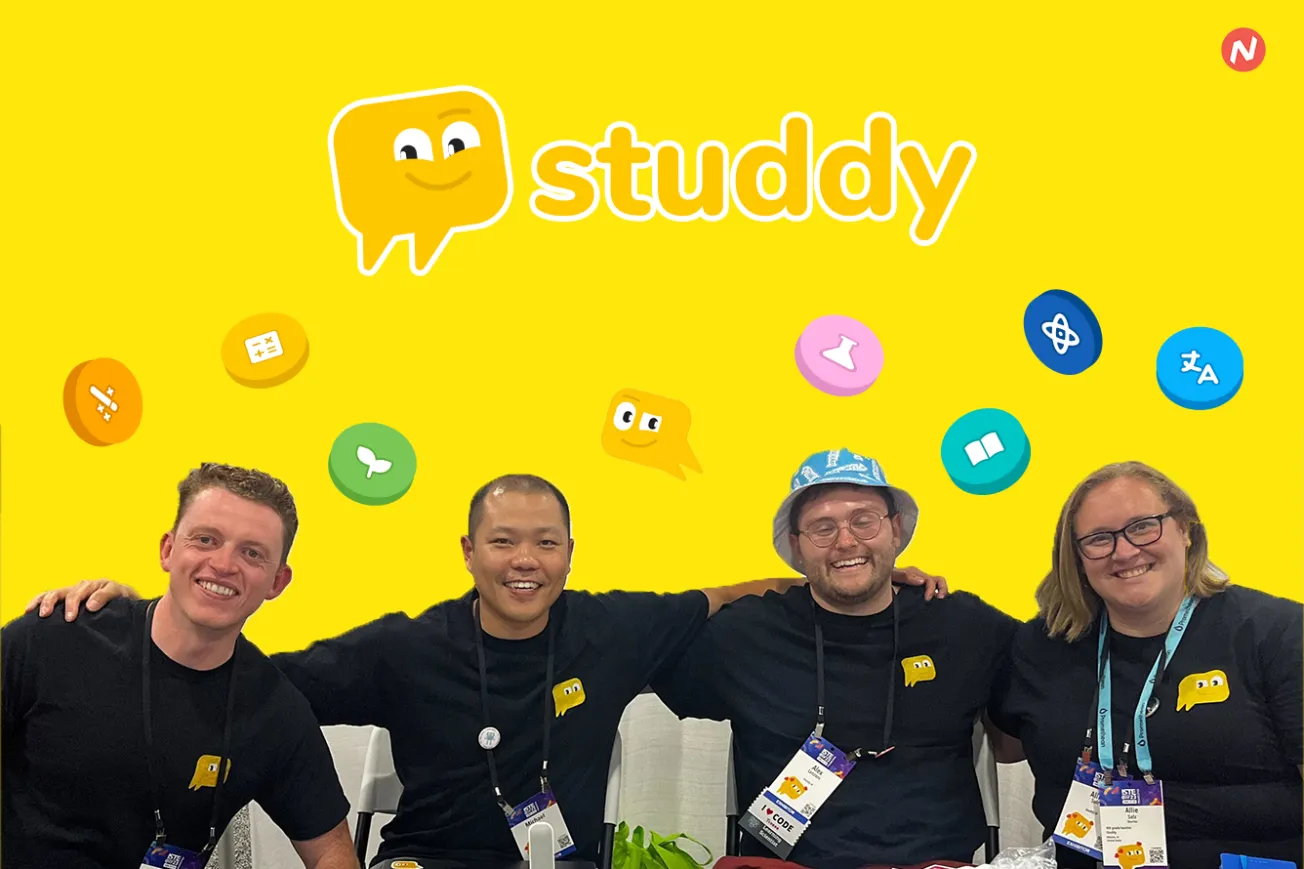Newzchain's “Behind the Byte” is a column dedicated to the brilliant minds behind today's tech innovations. Whether it's blockchain developers, software engineers, data scientists, or AI specialists, we're here to share their stories with a broader audience.
With the rapid expansion of blockchain technology, the demand for skilled blockchain developers is on the rise. Many companies are seeking experts to develop secure and efficient blockchain solutions, driving a surge in job opportunities.
However, despite their enthusiasm, many aspiring blockchain developers struggle to enter the field because they lack access to learning directly from professionals already working in the domain.
Our goal is to share the experiences and insights of these experts, helping aspiring techies overcome entry barriers and succeed in the industry.
This week, we are featuring Sreekar Reddy, a Senior Blockchain Developer at Simform. Reddy sat down and spoke with us, offering a candid look at his career and the valuable lessons he's learned along the way.
Read on to learn more about his path and the wisdom he has to share.
Bitcoin Buzz to Blockchain Boss
Reddy's journey into blockchain development was sparked by the rise of Bitcoin. He always loved the ideas of transparency and trustlessness, which kept him interested in the blockchain community.
With time, his curiosity about various blockchains like Ethereum and Solana grew and he eventually made the transition to becoming a blockchain developer a natural progression.
Throughout his career, Reddy has worked on several fascinating projects. He played a crucial role in developing an options market for cryptocurrencies, enabling traders to hedge and manage risks effectively.
He has also been involved in creating stablecoins, ERC-20 standard tokens, and decentralized finance (DeFi) services that allow cryptocurrency holders to earn yield interest on their deposits.
When asked about his experience in blockchain development, Reddy said that it has been exhilarating, challenging, and immensely rewarding.
Furthermore, talking about the challenges in his journey so far, Reddy said:
“One of the biggest challenges I’ve had to face is maintaining security, given the constant threat from hackers trying to exploit vulnerabilities in the applications. However, the most satisfying aspect is to contribute to the cutting-edge Web3 space.”
Reddy's Development Arsenal
When asked about the programming languages he primarily uses for blockchain development, Reddy mentioned that Solidity is his go-to choice. He uses Solidity to write smart contracts on the Ethereum blockchain.
He explained that he chose Solidity because it’s widely used across Ethereum Virtual Machine (EVM) supported chains and has a robust ecosystem that offers use cases beyond digital currencies.
Moreover, Reddy also talked about the essential tools he relies on daily.
“I rely on development frameworks like Hardhat and Foundry because they offer a comprehensive suite of utilities, from compiling smart contracts to deploying them on-chain. These tools significantly boost productivity by streamlining the entire development process,” Reddy mentioned.
Carving a Path in Blockchain
The interview with the Simform blockchain developer also highlighted key areas for those starting a career in blockchain development, with Reddy outlining a clear path.
Reddy emphasized the importance of selecting a specific blockchain network and role to specialize in, such as Bitcoin for digital currency or Ethereum for a broader range of applications like NFTs and DeFi.
“Starting with a thorough understanding of blockchain technology and gradually building expertise by working on token smart contracts and DeFi applications is crucial,” said Reddy.
Learning essential programming languages like Solidity for Ethereum smart contract development and JavaScript for creating decentralized applications (dApps) is also necessary. Utilizing valuable resources like the Ethereum developers' documentation and the Solidity language documentation can be very helpful.
During the conversation, Reddy also talked about the crucial skills needed for entering the blockchain space.
“Understanding various blockchain platforms, including Bitcoin, Ethereum, and Solana, along with their unique properties and applications, is vital,” said Reddy. “Knowledge of cryptographic principles, such as hash functions, digital signatures, encryption/decryption, and public/private key systems, is essential.”
The ability to write and audit smart contracts, particularly in Solidity for Ethereum projects, with a strong focus on security and robustness, is also important.
Understanding tokenomics, including supply processes, incentive structures, and market dynamics, is necessary to create effective and sustainable blockchain-based systems.
Above all, enthusiasm and drive to contribute to the blockchain space are crucial.

